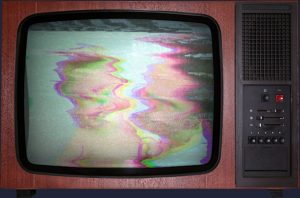
The beginning of “Difficult at Parties” introduces what we assume to be a domestic abuse scenario where the woman is the abuser, causing bruises, demanding, and yelling. Moreover, the male, as we know at the time, has the brunt of the abuse.
However, the assumption is pushed aside as we learn that the narrator is a victim of a crime, and her pain and lashing were a result of this crime.
We get hints that it is a possible home invasion or a rape when she asks Paul to lock and re-lock her door, to unplug the tub of water she is laying in, and their reaction to an accidental brush of skin leaves readers questioning their relationship. (p. 222)
Nevertheless, we also have this interest and desire from the narrator for something new to try, sexually with her partner (p. 223-225), and her perverted watching of Jane and Jill’s sexual intimacy where “A pleasurable twinge curls inside of me,” (p.230).
Interestingly enough, we do not learn about a possible fantastic, or that there could be a fantastic element until almost 15 pages in when we find that the narrator is hearing “imagined” voices while watching sex tapes.
With this fantastic element, it is also essential to recognize that there are no quotation marks for any of the conversation that is said to happen.
And then it is not until almost two pages later that we begin to understand that the voices she hears are the thoughts of other people through a screen. “A woman mentally corrects a man who keeps referring to her pussy. Cunt, she thinks, […]” (p. 236).
Wow! I never noticed the lack of quotation marks in this. How interesting.
Great detail to point out.